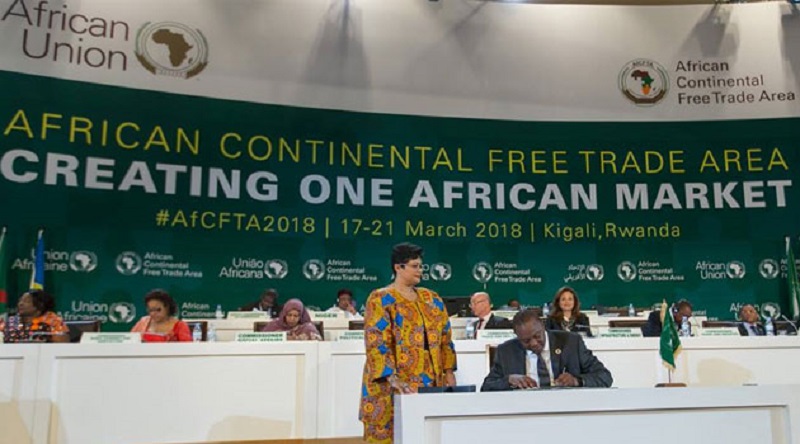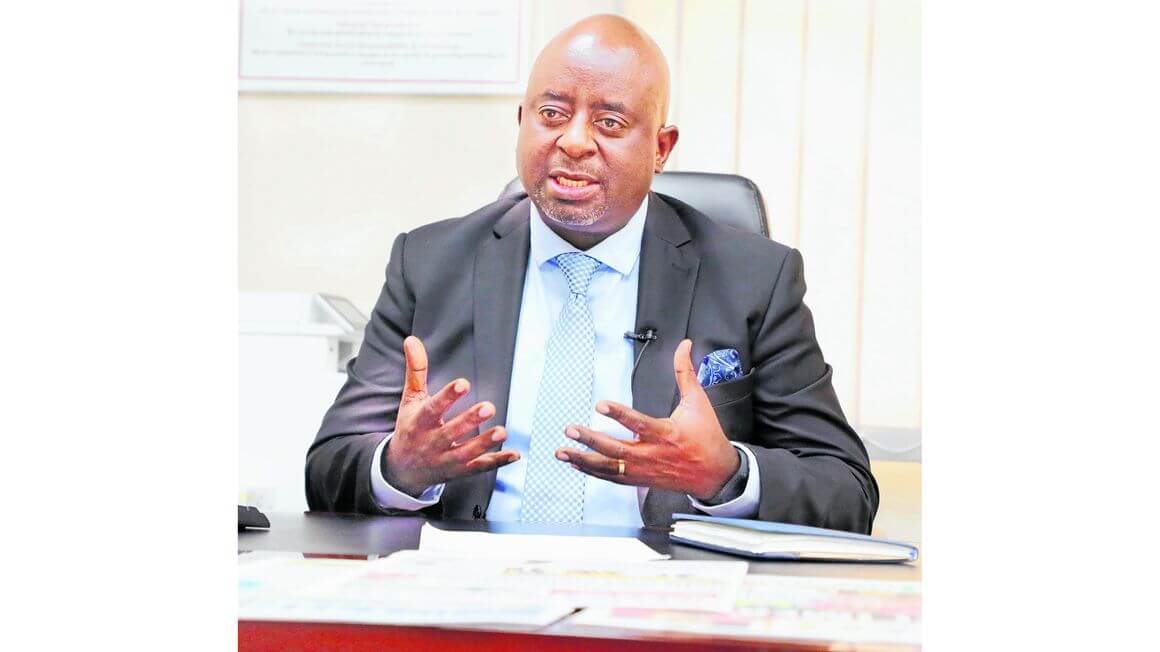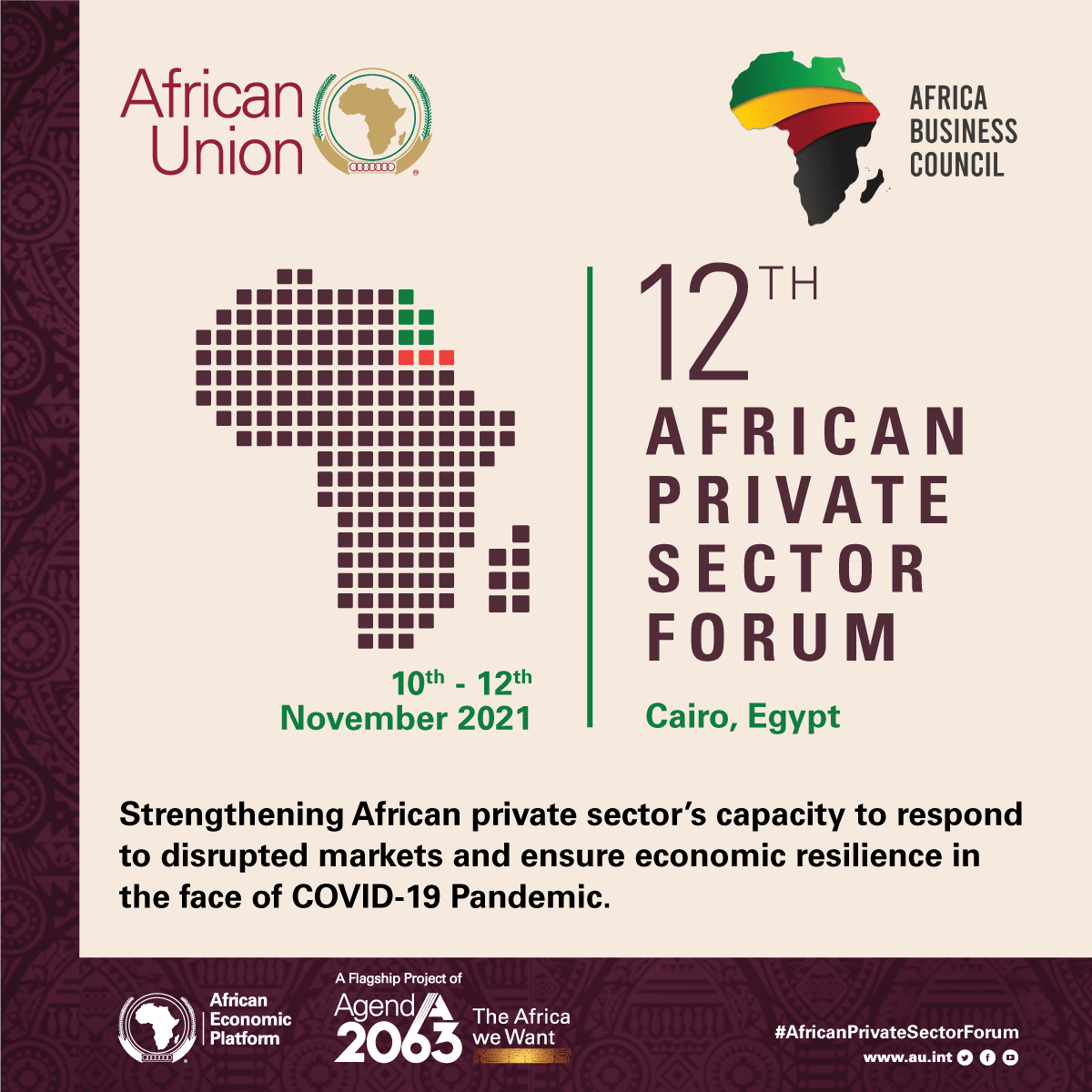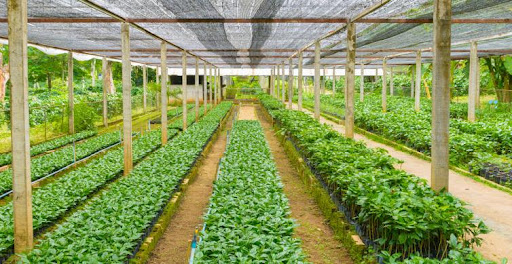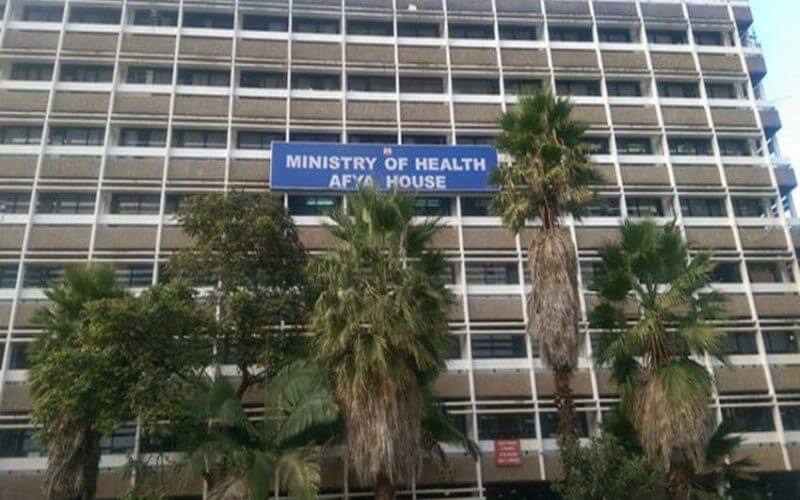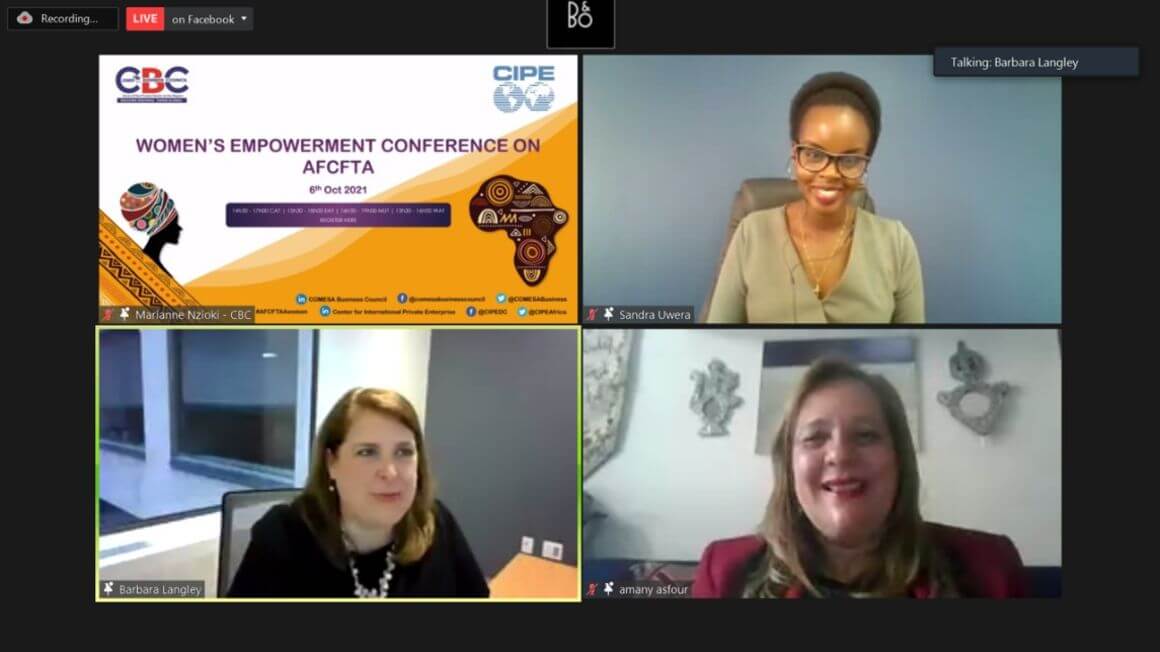Malawi’s leading commercial banker, Stock Exchange listed FDH Bank impressed the international stage and left an indelible mark at this year’s Intra-African Trade Fair (IATF) in Durban, South Africa. FDH Plc, which is the only Malawian bank to have participated at the 2021, mounted a business stand at one of the continent’s biggest business trade fairs to showcase its business packages. Chippi Saka, a Malawian based in South Africa and working as a trade and market officer in the department of economic integration at the African Union Development Agency (AUDA) formerly NEPAD. NEPAD said he has been impressed by FDH bank’s level of excellence and commitment to quality banking services. Speaking in an interview with Nyasa Times from his base in one of the busiest cities on the African continent, Johannesburg, Saka who is also a qualified accountant, said: “FDH Bank is a very serious and forward-thinking bank and I am impressed with their professional demeanour at Africa Intra-African Trade Fair. “I have in the past four days been visiting the Malawi stand at the Intra-African Trade Fair. FDH bank is amazingly impressive – It is the most ‘impressive’ bank and the only bank from my land of birth showcasing their products and services.” Saka said FDH Bank is ticking all the right boxes in its quest to becoming an international bank adding that all its services are people-centred. Said Saka: “FDH Bank is meeting people’s needs. FDH is selling itself vigorously to world stage. FDH is repositioning. FDH is...
FDH shines at 2021 Intra-African Trade Fair
Posted on: November 29, 2021
Posted on: November 29, 2021


